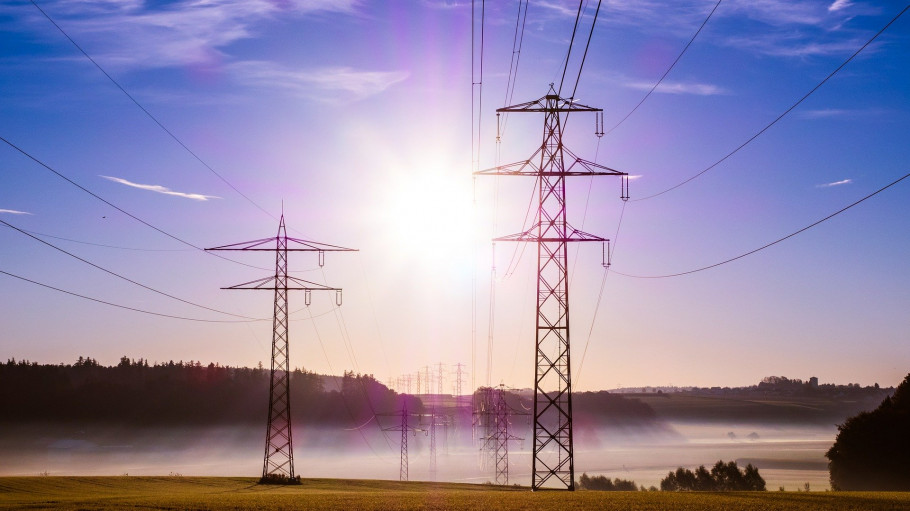

The production of steel is a highly energy-intensive process, whether it is through the 'primary' production route using a blast furnace and basic oxygen furnace, or via the 'secondary' route in electric arc furnaces.
The primary route, which generally produces new steel from virgin raw materials, presently relies primarily on coking coal, which is both the reductant and a major source of energy to melt the iron ore.
The secondary route, which is generally used to produce steel from scrap, uses electricity to melt the metal.
As such, both routes require significant amounts of energy of one form or another. However, European producers have been refining their processes and, since the 1960s, have cut energy demand by 50%, alongside a similar reduction in greenhouse gas emissions.
The European steel industry's transition to a low or carbon-neutral future will have a large impact on energy supply, because new technologies will require even larger quantities to power new, carbon-lean processes.
This energy transition being as expected, EU energy policy is even more important than before - to ensure that the European steel industry has access to sustainable, affordable energy.
Brussels, 04 February 2025 – The European Steel Association (EUROFER) supports the demonstration of thousands of industry workers taking place tomorrow, 5 February, in Brussels, organised by industriAll Europe. Steel workers from across the EU will join workers from other manufacturing industries to call on the European Commission to save our industry and preserve employment by investing in good industrial jobs and the transition, while combating global overcapacity and unfair trade.
Brussels, 27 November 2024 – The European steel industry is at a critical juncture, facing irreversible decline unless the EU and Member States take immediate action to secure its future and green transition. Despite repeated warnings from the sector, the EU leadership and governments have yet to implement decisive measures to preserve manufacturing and allow green investments across Europe. Recent massive production cuts and closure announcements by European steelmakers show that time has run out. A robust European Steel Action Plan under an EU Clean Industrial Deal cannot wait or manufacturing value chains across Europe will simply vanish, warns the European Steel Association.
Brussels, 22 October 2024 – The steel crisis will be at the centre of the European Parliament (EP) Plenary sitting tomorrow morning in Strasbourg. Members of the European Parliament (MEPs) will debate how to tackle the dire situation facing the European steel industry and its workers, caused by global steel overcapacity, unfair trade, low demand in the manufacturing industry and high energy prices in the EU. This public discussion raises high expectations for a fit-for-purpose EU Steel Action Plan to be implemented swiftly to save the sector as the basis for EU manufacturing, underscores the European Steel Association.